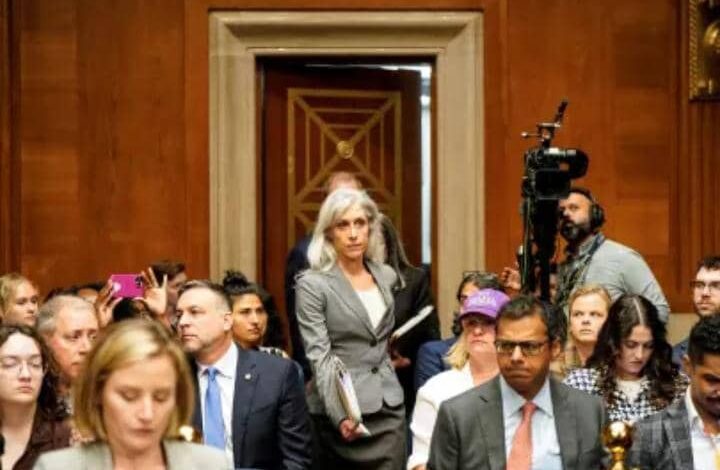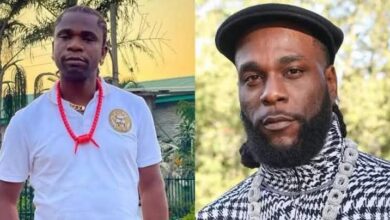JUST IN: Ex-CDC director accuses RFK Jr. of politicizing vaccine decisions, forcing firings

(DDM) – The former director of the U.S. Centers for Disease Control and Prevention (CDC), Dr. Susan Monarez, has told senators that Health and Human Services Secretary Robert F. Kennedy Jr. undermined public health integrity by demanding political approval for CDC decisions and pressuring her to fire career scientists without justification.
Diaspora Digital Media (DDM) gathered that Monarez, who was dismissed last month after just 29 days in the role, gave explosive testimony on Wednesday before the Senate Committee on Health, Education, Labor and Pensions.
She said Kennedy required that all CDC policies, including sensitive decisions such as revisions to the childhood vaccine schedule, be cleared by political staff rather than independent scientific review.
Monarez described the requirement as a departure from longstanding tradition, where CDC scientists and advisory panels typically operate with independence to preserve trust in health recommendations.
“I was fired for holding the line on scientific integrity,” Monarez told lawmakers.
She added that she had refused to pre-approve vaccine recommendations without evidence, dismiss experts without cause, or resign quietly.
Her testimony was reinforced by Dr. Debra Houry, the CDC’s former chief medical officer, who resigned in protest after Monarez’s ouster, citing irreconcilable ethical differences with Kennedy’s directives.
Monarez detailed how, on August 2, she first learned through media reports that Kennedy had already removed liaison members of the CDC’s Advisory Committee on Immunization Practices (ACIP) — a group of outside experts that has guided vaccine policy for decades.
She said she was blindsided by the move, which stripped the panel of voices long considered essential in maintaining transparency and public confidence.
According to her testimony, matters escalated on August 25, when Kennedy allegedly issued two demands during a tense meeting.
First, he told her to commit in advance to approving every ACIP recommendation regardless of the scientific evidence.
Second, he directed her to dismiss veteran CDC scientists responsible for vaccine policy without presenting any cause for their termination.
Monarez recalled Kennedy as “very upset, very animated” when she refused.
“He said that the childhood vaccine schedule would be changing starting in September and I needed to be on board with it,” she testified.
Monarez added that Kennedy repeatedly stressed he had been in daily communication with President Donald Trump about vaccine policy changes.
She told senators that she could have chosen silence and retained her title, but that would have meant participating in what she described as an erosion of protections under her authority.
“What the public would have seen were scientists dismissed without cause and vaccine protections quietly eroded — all under the authority of a Senate-confirmed director with unimpeachable credentials,” she said.
“I could have kept the office, the title, but I would have lost the one thing that cannot be replaced: my integrity.”
The testimony has further inflamed tensions between Kennedy and the public health establishment, which has long criticized his skepticism of vaccines.
Kennedy, who has built a career challenging mainstream scientific consensus, was tapped by Trump earlier this year to head the Department of Health and Human Services, a move that alarmed many health experts.
Critics argue that Kennedy is using his position to advance an ideological agenda that could weaken immunization programs, particularly at a time when the U.S. faces measles resurgences and fears of other preventable disease outbreaks.
Supporters of Kennedy, however, insist that he is championing “medical freedom” and challenging what they view as entrenched bureaucracies within the health system.
The Senate hearing reflects mounting pressure on lawmakers to determine how far politics is encroaching on federal health agencies, which historically have operated at arm’s length from partisan interference.
Senators are expected to follow up with requests for internal communications between Kennedy, the White House, and the CDC regarding the disputed changes.
For Monarez, the fallout from her dismissal has now turned into a broader debate about whether science or politics should guide the nation’s public health policy.
Post Views: 17





